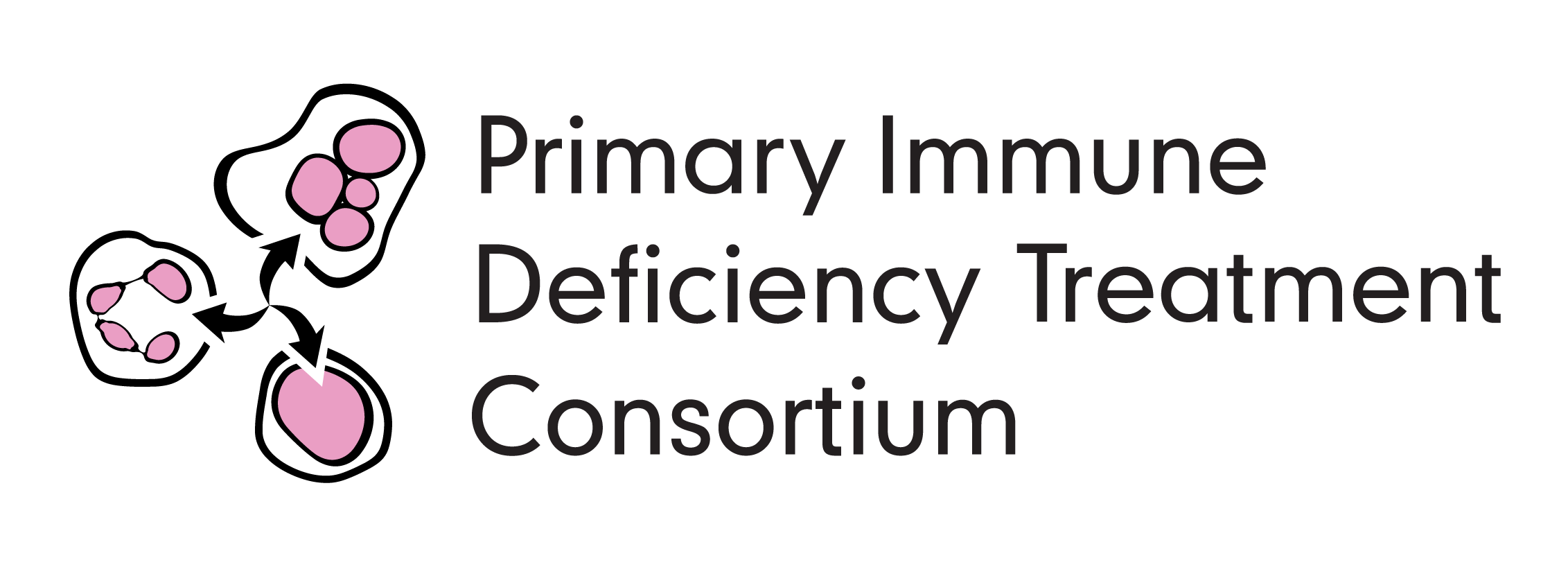Studies FAQ
Who is eligible and what is the purpose of these studies?
To be enrolled on a PIDTC study you/your child has to be treated at a hospital associated with the PIDTC. The list of PIDTC hospitals can be found here. Strict eligibility criteria are also in place for each study to be enrolled. While the PIDTC makes effort to include all the patients we can, there are no guarantees we will be able to enroll everyone on a particular study who wants to participate.
Are there additional visits to the doctor or hospital, or additional tests involved in the PIDTC studies?
In each of the PIDTC studies there is additional blood work that is requested strictly for research purposes. The studies all make the effort to get this blood work at a time when you would be visiting your / your child’s doctor and would normally be getting blood work drawn. PIDTC studies 6902 (SCID), 6903 (CGD) and 6904 (WAS) all have a cross-sectional component to the study, meaning they ask patients with these diseases to have current evaluation with their doctors. During these visits, additional information will be determined about you / your child’s level of functioning, infections, graft-versus-host disease, quality of life, and so forth, along with an up to date blood sample that will be used for research purposes (primarily to understand how the new immune system is working).
There may also be additional questionnaires to complete, such as quality of life forms. The PIDTC 6901 study (SCID) also requests more detailed developmental testing to be performed, so we can better understand how children with SCID develop after their transplant. This developmental testing may take additional time for you / your child.
How is my / my child’s information used in PIDTC research studies? Is my / my child’s confidentiality protected?
The PIDTC does NOT receive any personal information about you/your child. You/your child are identified only by a number. We do not take information about your name, where you live, your phone number or address, or any other information that is confidential or private. All of the data that is presented at medical conferences or in medical journals from the PIDTC studies are in aggregate – data from all of the participants are put together to ensure individuals are not identified. Your local hospital or doctor (which has already been involved in your/your child’s care) may contact you to participate in cross sectional PIDTC studies, but the point of contact is your local hospital/doctor that is already responsible for your/your child’s medical care. The PIDTC does NOT contact you for any reason. All of the rules that govern the confidentiality of private health information (including the provisions set out by the Health Insurance Portability and Accountability Act (HIPPA) in the United States and the Tri-Council Policy Statement: Ethical Conduct for Research Involving Humans in Canada) are followed to ensure your confidentiality. Each of the PIDTC research studies is reviewed at every PIDTC institution by a research ethics board to ensure that the protocols are considered ethical and that each PIDTC center follows the common rules that govern research studies. Every researcher and associate who is involved in PIDTC studies has successfully completed training on the ethical conduct of research studies and good clinical practice.
It is the utmost intent of the PIDTC to protect you/your child’s private information and to perform these research studies with the utmost respect for you/your child. Our intent is strictly to learn so as to improve treatments and outcomes for primary immunodeficiencies in the future.
What does the future of PIDTC research studies look like?
Over the long-term, with the knowledge gained from the 6901, 6902, 6903, and 6904 research studies, the goal of the PIDTC is to design prospective, multi-institutional clinical trials for primary immunodeficiencies that may benefit from blood and marrow transplant and gene therapy. This will include SCID, CGD, and WAS, but in the future may also include other primary immunodeficiencies (some of which are even more rare).
In fact, this is already happening – the next PIDTC study, 6905, is looking at a drug called busulfan for use in the conditioning regimen of infants with SCID. This study will be enrolling patients on a prospective basis and asks important questions about this drug, which many doctors are already prescribing for infants with SCID. In the future, the PIDTC hopes to develop new clinical trials that will be open at PIDTC hospitals. Only through collaboration between researchers, doctors, hospitals, universities, patient advocate groups, and allied health professionals, will the outcomes for PID improve.

